|
Meeting Minutes from InspireSeattle Social on June 18, 2011
Social Justice Issues in the Northwest
1st Speaker –
Zeke Spier
Zeke is the Executive Director at Social Justice Fund (www.socialjusticefund.org),
where he has worked for 4.5 years. Over that time, he has engaged hundreds of
people as donors and helped to move millions of dollars to grassroots organizing
in the Northwest. Zeke has experience both as a manager in the corporate sector
and as a community organizer, working on issues from the just reconstruction of
New Orleans to criminal justice issues in Philadelphia. He is currently sits on
the Steering Committee of the Seattle chapter of Emerging Practitioners in
Philanthropy and is a member of the leadership team of the Coalition of
Anti-Racist Whites. Zeke was born in Portland, Oregon, and enjoys reminiscing
about his cross-country bicycle trip on his 2-mile ride to work.
Social Justice Fund Northwest is a foundation working at the frontlines of
social change. They leverage the resources of our members to foster significant,
long-term social justice solutions throughout Washington, Oregon, Idaho, Montana
and Wyoming.
For the last three decades, their members have been delivering profound social
change by investing in grantees that address the root causes of injustice. Their
members build community and make grants through Giving Projects, helping create
a new, more engaged culture of social justice philanthropists.
SJF’s vision is of a world that is just, equitable, and environmentally
sustainable for all. This multicultural world celebrates and supports diversity,
community, intergenerational collaboration, and self-empowerment. Their image of
success is a region with a thriving network of community-based organizations and
coalitions and an increasingly equitable distribution and sharing of power and
wealth.
SJF societal values:
-
Social change activism – SJF believes in grassroots leadership and community
organizing as a vehicle for social change.
-
Empowerment – SJF values efforts to strengthen the voices of disenfranchised
communities to promote human dignity and a more just society.
-
Undoing systems of oppression – SJF supports the empowerment of
disenfranchised communities and the dismantling all systems of oppression that
erode human dignity.
-
Hope and optimism – SJF believes that we will achieve our vision through
social change.
-
Equity and fairness – SJF believes that resources should be equally available
to everyone in society, and that human rights are more important than property
rights.
Zeke discussed how all foundations are effectively “government supported” in
that the donors receive tax breaks. Annually, over $40 billion are donated in
the US from foundations. Surprisingly, only 20% of these donations go to people
of need, I.E., lower income people. Strikingly, only 7% goes towards people of
color. The bulk of the $40 billion goes towards private schools, the arts,
etc., I.E. important causes and organizations, but often people express how
people in need should be and are helped by foundations, which is not really the
case.
SJF supports organizations that work towards social justice. SJF broadly
defines social justice as combining social actions with work towards civil
rights. Nationally, only 1.5% of foundation donations go towards social justice
issues/groups. Putting this limited funding into perspective, one can look at
what government spends vs philanthropy. What United Way raises in one full year
is spent in two days by the government on social issues in our state. In other
words, there is a huge opportunity to improve social services by working on the
government funding process.
There are two key questions commonly asked around philanthropy. First is “where
is the money going?” Second is “how is the money given?”
The SJF works to ensure the monies they provide is used as efficiently as
possible, and provides a very high return on investment. A recent study showed
that for every $1 given, over $150 in benefit was gained. SJF is very proud of
this high return on investment.
SJF has recently revamped their giving process and for 2011 is sponsoring five
different Giving Projects. Through these projects, SJF members join grassroots
organizers, philanthropists and donor activists in a larger movement for social
change. SJF members actually own and lead the grant making process through the
Giving Projects. Through a democratic process, a Giving Project group makes
grants to some of the most amazing organizations in our region.
This year’s five Giving Projects are:
1. The Next Generation Giving Project
2. Environmental Justice
3. LGBTQ Issues
4. A Civic Action giving project
5. A special project in Montana.
There are over 100 people at SJF engaged in this year’s Giving Projects.
Membership grows each year through word of mouth. Applications for grants are
increasing annually. SJF’s staff of four works hard to ensure members and
supported organizations represent our community’s diversity.
2nd Speaker –
Tony Lee
Tony is Policy Director with Statewide Poverty Action Network. www.povertyaction.org SPAN,
is a community-based organization that is working to end the causes of poverty
in Washington State. They lobby for sound policy on state and local levels,
educate and mobilize community members to take action on critical justice
issues, and create opportunities for all people to prosper. Tony oversees Solid
Ground’s advocacy programs: the Statewide Poverty Action Network; Family
Assistance, which provides free legal representation to low-income people on
public assistance, Medicaid and child care issues; the Long-Term Care Ombudsman
Program, which provides advocacy on behalf of long-term care residents. He
also coordinates Solid Ground’s advocacy work with local government on issues
related to funding and human service policies. Tony was a founding member of
Poverty Action in 1996, playing an essential role in its development and
direction. Tony has more than 20 years of experience working on legal justice
and legislative issues, including work as a Public Benefits Attorney at
Evergreen Legal Services and as the legislative director at the WA Association
of Churches. He is the past chair of the Governor’s Commission on Asian Pacific
American Affairs and is a founding member of the Asian Pacific Islander
Coalition of King County.
Tony opened his talk by telling a story about how FDR was lobbied in the 1930s
to support helping the masses of impoverished people. FDR told the lobbyists “I
agree with everything you said – now make me do it!” Tony’s point was that it
takes more than a good story around obvious need to win government action. It
takes continued determination and effort around grassroots organizing. The
Rightwing learned long ago to not fund their Rightwing organizations with
multiple “strings attached”, but rather just fund them for general purposes and
then let them go to work. This approach has been very effective for them.
Tony described the devastating effects Republican legislation over the past 20
years has had on the poor, especially certain elements of the poor, such as
women and immigrants. Since SPAN was formed in 1996, they have been working to
mobilize low income people, to better use media, to extensively lobby the middle
class and to mobilize a large base of allies of the poor.
About 7 years ago, SPAN branched out their work to a broader spectrum of
issues. These include:
-
Payday loans – SPAN was behind the creation of new laws that forced payday
loan companies to offer installment payment options, to limit the number of
loans offered to 8 per year, and other rule changes that added up to saving
the poor that use these types of high interest loans more than $120 million a
year. Payday loans commonly charge borrowers almost 400% interest, and these
exorbitant rates make repayment of the loans often impossible.
-
The creation of individual development accounts, which are effectively savings
accounts for the poor
-
A new earned income tax credit for the poor, which encourages work and
provides monies to the poor to help meet basic needs.
Many people don’t realize there is an extremely high cost to being poor.
Groceries in poor neighborhood are typically less nutritious and sold at a much
higher cost. Insurance cost is higher for poor people, and insurance companies
typically use credit score ratings as a measure of charges, I.E., a low credit
score increases one’s insurance cost. SPAN is now working towards changing
this, believing one’s driving record should be what drives their insurance
costs.
We ended the evening with a lengthy group discussion on what it takes to create
social change. Our evening was very educational, as well as inspiring! Thanks
to all that participated.
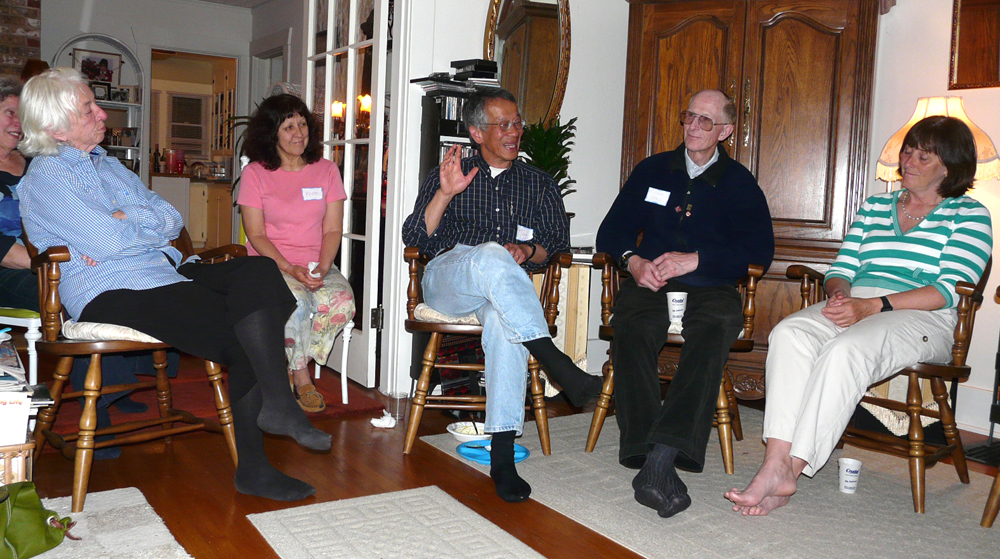
|
|
| |
Previous meeting minutes
- June 3, 2017, Immigration Workshop
- February 19, 2017, Action Against Trump
- December 4, 2016, Transforming Anger
- July 9, 2016, Growth in West Seattle
- May 7, 2016, Trans-Pacific Partnership
- March 5, 2016, Hidden Half of Nature
- November 15, 2015, Nick Licata: ALEC
- October 3, 2015, City Council Forum
- May 30, 2015, Income Inequality
- April 25, 2015, Ending the War on Drugs
- March 14, 2015, Consequences of Energy
- February 7, 2015, Fighting Hunger
- November 15, 2014, Restoring Democracy
- October 4, 2014, The Political Mind
- May 31, 2014, Obamacare
- May 3, 2014, Surveillance Technology
- March 8, 2014, Sexual Abuse in the Military
- January 25, 2014, No New Jim Crow
- November 16, 2013, WAmend: SuperPacs
- October 19, 2013, Earthquake Risk
- September 7, 2013, Wiring the Brain
- June 8, 2013, Who are the Moochers?
- April 27, 2013, Port of Seattle
- March 23, 2013, Electing by District
- February 23, 2013, Beyond Coal
- January 12, 2013, Saving Our Forests
- October 20, 2012, Climate Change
- September 15, 2012, Initiative Process
- June 16, 2012, J Street
- May 12, 2012, Transportation in Seattle
- March 31, 2012, Death Penalty
- February 25, 2012, Duwamish River
- January 21, 2012, Bob Ferguson
- November 19, 2011, Immigration Policy
- October 15, 2011, Inequality
- June 18, 2011, Social Justice Issues
- May 21, 2011, Washington Investment Trust
- April 23, 2011, Panel: Community Needs
- February 26, 2011, Sustainability
- January 22, 2011, Social Security
- November 6, 2010, Health Care Reform
- October 2, 2010, Charter Schools
- June 26, 2010, Sustainable Biofuels
- May 22, 2010, Education in Afghanistan
- March 20, 2010, Debt Relief
- January 23, 2010, Recycling
- November 7, 2009, Genetically Engineered Foods
- October 10, 2009, Homelessnesss
- September 19, 2009, Population
- June 13, 2009, Racism
- May 16, 2009, Nuclear Energy
- April 11, 2009, Affluenza
- March 7, 2009, Education
- January 10, 2009, Iraqi Refugees
- November 8, 2008, Palestine
- October 11, 2008, Corporate Responsibility
- September 13, 2008, Sally Clark
- June 21, 2008, U.N. Millenium Goals Project
- May 16, 2008, Evangelicalism
- March 29, 2008, Media
- February 23, 2008, Niger Delta
- January 19, 2008, Environmental Issues in Washington State
- Nov. 17, 2007, Affordable Housing
- Oct. 13, 2007, Health vs. Healthcare
- Sept. 8, 2007, Nick Licata
- June 23, 2007, Local Transportation
- May 5, 2007, Global Warming
- Mar. 31, 2007, Publicly Financing Campaigns & Impeachment
- Feb. 09, 2007, Family Planning and Population
- Jan. 6, 2007, Peak Oil
- Oct. 20, 2006, Upcoming Election, David Goldstein
- Sept. 17, 2006, Initiative Process
- July 22, 2006, Women in Politics
- June 10, 2006, Local Transportation
- April 22, 2006, Language in Politics
- Feb. 25, 2006, War in Iraq
- Jan. 14, 2006, Eric Oemig
Previous IAN Events
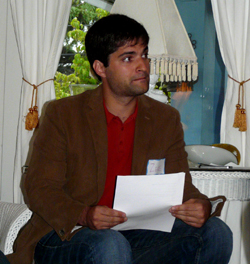
Zeke Spier
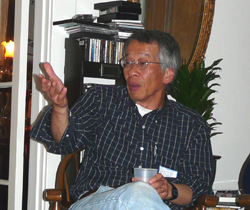
Tony Lee
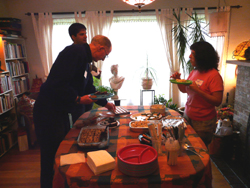
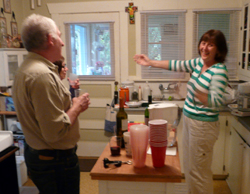
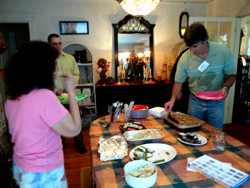
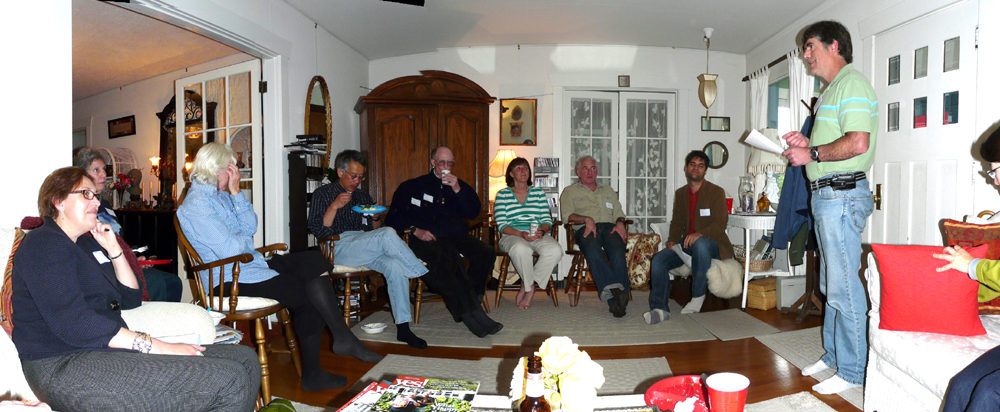
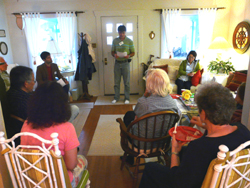
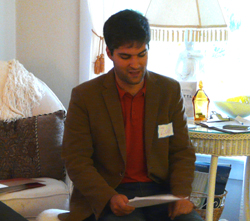
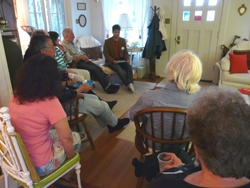
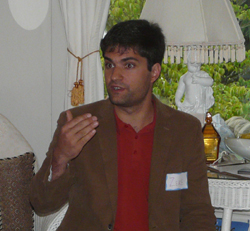
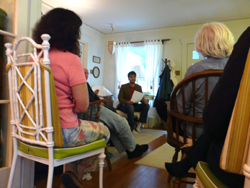
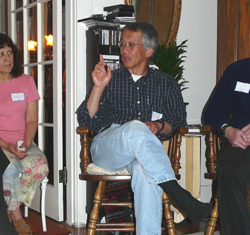
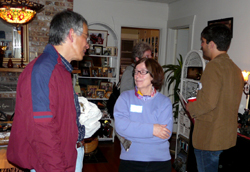
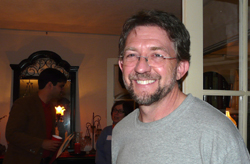
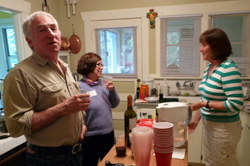
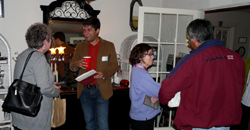
|
|


 PAST SOCIALS
PAST SOCIALS

 PAST SOCIALS
PAST SOCIALS